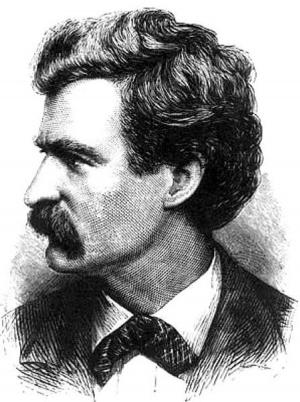The World's Greatest Books (Science)
Nonfiction, Religion & Spirituality, New Age, History, Fiction & Literature| Author: | Various Authors | ISBN: | 9781465590329 |
| Publisher: | Library of Alexandria | Publication: | March 8, 2015 |
| Imprint: | Language: | English |
| Author: | Various Authors |
| ISBN: | 9781465590329 |
| Publisher: | Library of Alexandria |
| Publication: | March 8, 2015 |
| Imprint: | |
| Language: | English |
Sir Isaac Newton was born at Woolsthorpe, Lincolnshire, England, Dec. 25, 1642, the son of a small landed proprietor. For the famous episode of the falling apple, Voltaire, who admirably explained his system for his countrymen, is responsible. It was in 1680 that Newton discovered how to calculate the orbit of a body moving under a central force, and showed that if the force varied as the inverse square of the distance, the orbit would be an ellipse with the centre of force in one focus. The great discovery, which made the writing of his "Philosophiæ Naturalis Principia Mathematica" possible, was that the attraction between two spheres is the same as it would be if we supposed each sphere condensed to a point at its centre. The book was published as a whole in 1687. Of its author it was said by Lagrange that not only was he the greatest genius that ever existed, but also the most fortunate, "for we cannot find more than once a system of the world to establish." Newton died on March 20, 1727. Our design (writes Newton in his preface) not respecting arts but philosophy, and our subject not manual but natural powers, we consider those things which relate to gravity, levity, elastic force, the resistance of fluids and the like forces, whether attractive or impulsive; and, therefore, we offer this work as the mathematical principles of philosophy, for all the difficulty of philosophy seems to consist in this—from the phenomena of motions to investigate the forces of nature, and from these forces to demonstrate the other phenomena, and to this end the general propositions in the first and second book are directed. In the third book, we give an example of this in the explication of the system of the world; for by the propositions mathematically demonstrated in the former books, we in the third derive from the celestial phenomena the forces of gravity with which bodies tend to the sun and the several planets. Then from these forces, by other propositions which are also mathematical, we deduce the motions of the planets, the comets, the moon, and the sea.
Sir Isaac Newton was born at Woolsthorpe, Lincolnshire, England, Dec. 25, 1642, the son of a small landed proprietor. For the famous episode of the falling apple, Voltaire, who admirably explained his system for his countrymen, is responsible. It was in 1680 that Newton discovered how to calculate the orbit of a body moving under a central force, and showed that if the force varied as the inverse square of the distance, the orbit would be an ellipse with the centre of force in one focus. The great discovery, which made the writing of his "Philosophiæ Naturalis Principia Mathematica" possible, was that the attraction between two spheres is the same as it would be if we supposed each sphere condensed to a point at its centre. The book was published as a whole in 1687. Of its author it was said by Lagrange that not only was he the greatest genius that ever existed, but also the most fortunate, "for we cannot find more than once a system of the world to establish." Newton died on March 20, 1727. Our design (writes Newton in his preface) not respecting arts but philosophy, and our subject not manual but natural powers, we consider those things which relate to gravity, levity, elastic force, the resistance of fluids and the like forces, whether attractive or impulsive; and, therefore, we offer this work as the mathematical principles of philosophy, for all the difficulty of philosophy seems to consist in this—from the phenomena of motions to investigate the forces of nature, and from these forces to demonstrate the other phenomena, and to this end the general propositions in the first and second book are directed. In the third book, we give an example of this in the explication of the system of the world; for by the propositions mathematically demonstrated in the former books, we in the third derive from the celestial phenomena the forces of gravity with which bodies tend to the sun and the several planets. Then from these forces, by other propositions which are also mathematical, we deduce the motions of the planets, the comets, the moon, and the sea.















